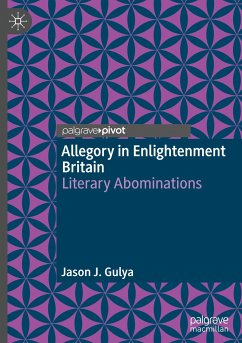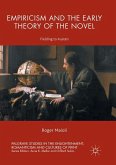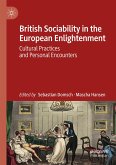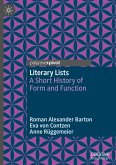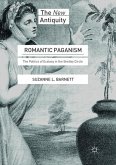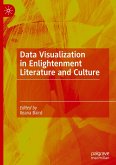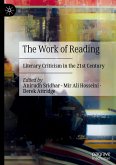This Palgrave Pivot argues for the significance of allegory in Enlightenment writing. While eighteenth-century allegory has often been dismissed as an inadequate form, both in its time and in later scholarship, this short book reveals how Enlightenment writers adapted allegory to the cultural changes of the time. It examines how these writers analyzed earlier allegories with scientific precision and broke up allegory into parts to combine it with other genres. These experimentations in allegory reflected the effects of empiricism, secularization and a modern aesthetic that were transforming Enlightenment culture. Using a broad range of examples - including classics of the genre, eighteenth-century texts and periodicals - this book argues that the eighteenth century helped make allegory the flexible, protean literary form it is today.
Bitte wählen Sie Ihr Anliegen aus.
Rechnungen
Retourenschein anfordern
Bestellstatus
Storno

